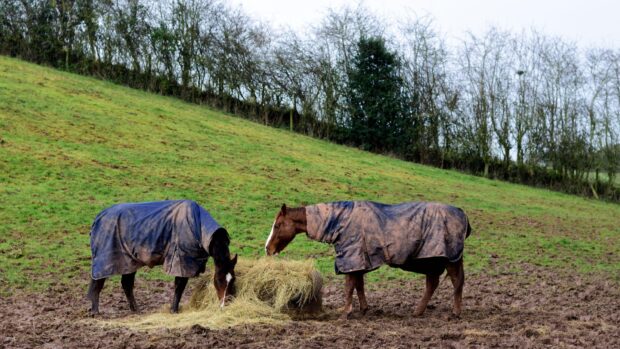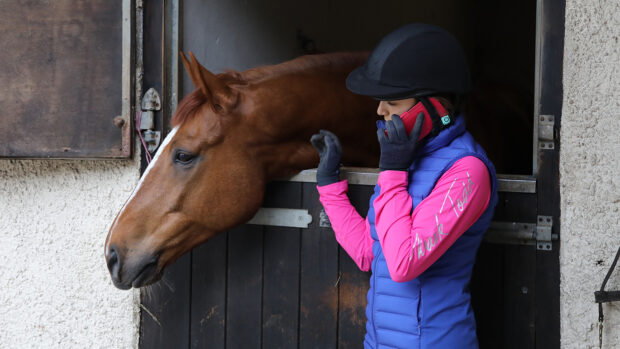Q: I run a riding school and offer clients a loan programme. Do I need any extra insurance for when the client goes out hacking, for example?
LM, Cheshire
ACCORDING to Angela Bailey, equine manager at the Ryan Insurance Group in Suffolk, this is often overlooked when riding school proprietors take out insurance.
“Many riding schools operate loan programmes but do not always realise that they need to mention this in their business description at the inception of the insurance policy,” Angela explained.
“It is imperative that you mention every activity that takes place at the school so the appropriate cover can be included.
“This will ensure that while the client is riding under instruction within the grounds of the school, or on an accompanied hack, they are automatically included under the riding school’s public liability insurance.
“If the client wishes to take unaccompanied hacks, insurers will provide cover, but special terms may be written into the policy and the premium and policy excess may be increased,” said Angela.
Loan agreements can work very well for both the centre proprietor and the loanee.
Horse Haven Riding School in North Lanarkshire runs a loan scheme, and has relevant riding school public liability insurance. However, proprietor Maureen Robinson recommends that strict loan agreements should also be put in place, so all parties understand the remit of the scheme.
“The school’s policy includes terms and conditions for unattended horse or pony loan. This specifies that each person assumes the risk and legal responsibility for any injury, loss or damage to a person or property that results in an equestrian activity,” Maureen explained.
“We also advise loanees that for their own protection, additional dangerous sport insurance is taken out independently by each rider.
“People loaning a horse at our facility also agree that Horse Haven will be released from liability by the loanee, any family member or a spectator accompanying the participant while on or off the premises, while participating in any activity sponsored by the stable. We also state that under no condition may the loaner of the horse give permission to any third party to ride the loaned horse.
“These agreements work well for us, and we believe they are best practice for riding facilities,” concluded Maureen.
Information
Ryan Insurance Group Tel: 08445 739422 www.ryan-group.co.uk
Horse Haven Riding School www.horsehaven.co.uk
This Q&A was first published in Horse & Hound (17 July, ’08)


